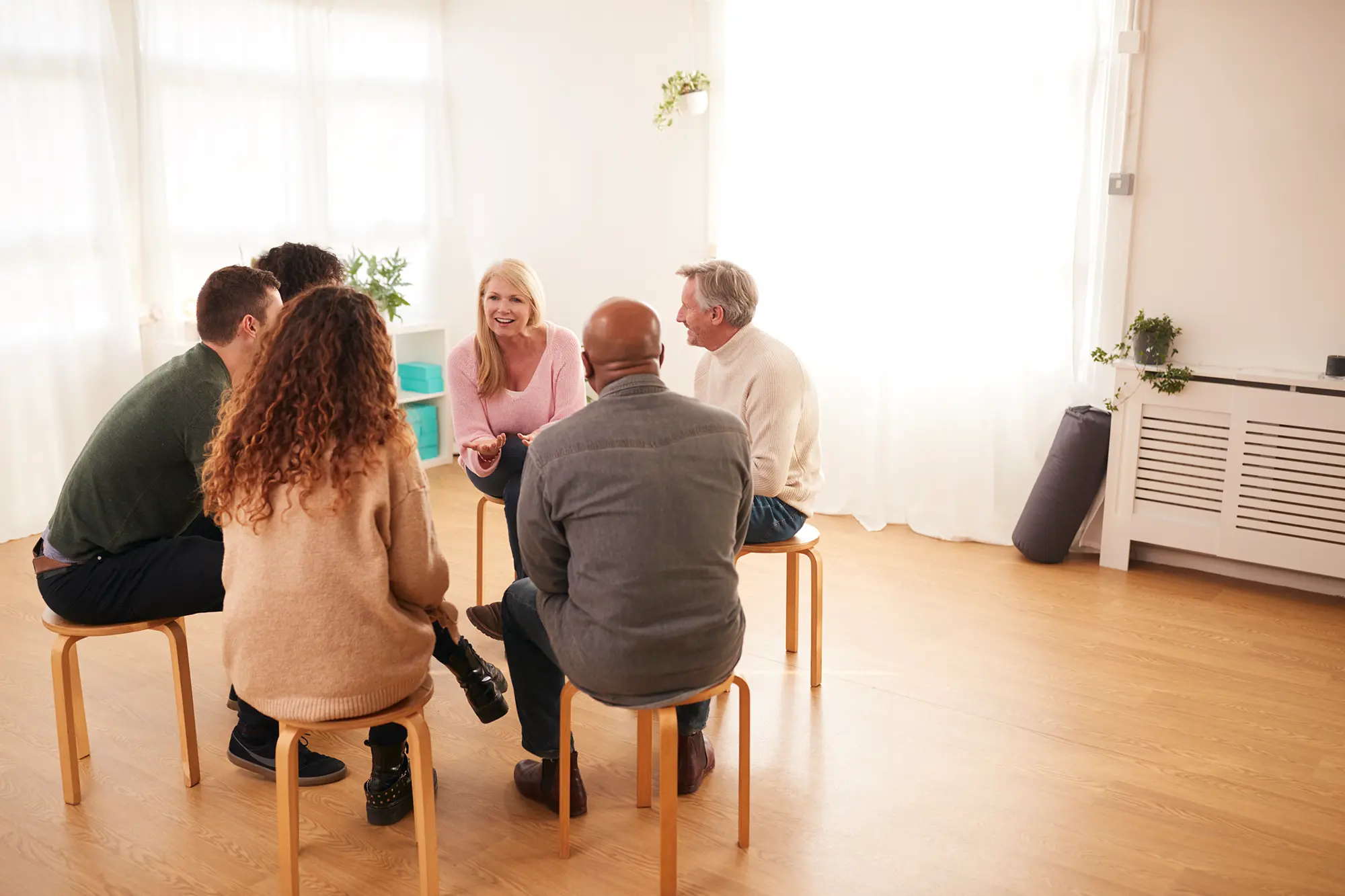Eating Disorders: The Elusive High of Control
May 6, 2014
From the moment you’re born, you are immersed in situations that are beyond your control. Best-case scenario, those who do have control of the situation make choices beneficial to all involved. Worst-case scenario, those in control make choices that cause or perpetuate pain. It is the ladder circumstance from which the panic of powerlessness stems.
Granted, as you grow older your opportunities for exerting control over outside circumstances naturally increase. What’s tougher, though, is finding a way to control the unresolved pain of the past. Desperate to exercise some sort of power over their pain, many people turn their attention to food.
No matter what is going on in the world around you, there is always one thing you are guaranteed to have complete control over — your consumption of food, or lack thereof.
Anorexia
The ability to resist feelings of hunger produces a high for anorexics. This perceived strength (i.e., the ability to abstain from eating) is compounded by the apparent lack of such discipline in those around them.
Bulimia
Purging produces a high for bulimics. The rules don’t apply to them, so to speak, as they are able to eat as much as they want without ever gaining weight.
Compulsive Overeating
The act of eating produces a high for compulsive overeaters. Unlike unpredictable, pain-causing people, food can always be depended on to make them feel good.
Unfortunately, living in any one of these manners means spending every moment of your life on a roller coaster that never stops. The high experienced through the behavior of an eating disorder is an elusive one.
For the anorexic, the high is over when they have to eat something — to keep up appearances in a social situation or simply because they can no longer resist the hunger anymore.
For the bulimic, the high is over when the purging is done.
For the compulsive overeater, the high is over when they finish eating.
In all three situations, pursuit of the next high becomes the driving force for living. If you have an eating disorder, you know full well it’s a full-time preoccupation.
Bottom line, eating disorders are not about food. They’re about exerting control as a means of minimizing pain. For this reason, the only means of truly recovering from an eating disorder is to acknowledge the pain underneath.
Getting To the Root Of Your Eating Disorder
If you are working with a professional therapist, you may wish to explore together these questions excerpted from Hope, Help & Healing for Eating Disorders: A Whole-Person Approach to Treatment of Anorexia, Bulimia, and Disordered Eating, by A Place Of Hope founder, Dr. Gregory Jantz.
1) My problem with food is…
What am I trying to control when I binge and purge?
What am I really trying to control when I keep myself from eating?
How do I feel when I stuff myself and then get rid of the food?
It makes me feel in control when I purposely don’t eat because….
Even though I know the way I eat is not healthy, I still eat this way because…
2) What kind of “high” do I get from the way I eat?
I get a “high” when I have control over my feelings of hunger because…
When I feel hungry, it’s for the following reasons besides food…
When I eat the way I really want to, I feel…
3) What does my constant obsession with food keep me from thinking about?
What does my constant obsession with food keep me from doing?
When I can concentrate on food in the present, it keeps me from thinking about the things that happened to me in the past, such as…
4) Besides food, what other methods do I use to avoid thinking about hurt in my life?
Having been hurt by others in the past makes me feel…
When I get angry over what has happened to me, I want to…
When do I feel out of control with these feelings?
5) When I’m in control enough to get rid of the food I’ve eaten, or not to eat at all, I feel…
How could I be using the control over food in my life to make me feel better about the anger I can’t control?
6) How do I use food to make me feel better when I’m feeling anxious or hurt?
When I feel I’m in control of myself, I think of myself as…
When I feel I’m not in control of myself, I think of myself as…
Are you or a loved struggling with an eating disorder? The Center · A Place Of HOPE can help. Call 1-888-771-5166 or fill out our contact form and someone will be in touch soon.
OTHER POPULAR ARTICLES

Alternative Approaches to Treatment-Resistant Depression: Holistic Strategies When Traditional Methods Fall Short
When standard treatments for depression fail to provide relief, the journey toward healing can feel overwhelming and discouraging. Treatment-resistant depression (TRD) affects approximately 30%...

Cognitive Behavioral Therapy vs. Medication: A Holistic Perspective on Anxiety Treatment
When facing anxiety, choosing the right treatment approach is one of your most important decisions. The debate between Cognitive Behavioral Therapy (CBT) and medication...

Dialectical Behavior Therapy Techniques for Depression: Finding Balance and Healing
Depression can feel like being trapped in a dark room with no doors or windows, a place where hope seems distant and joy feels...